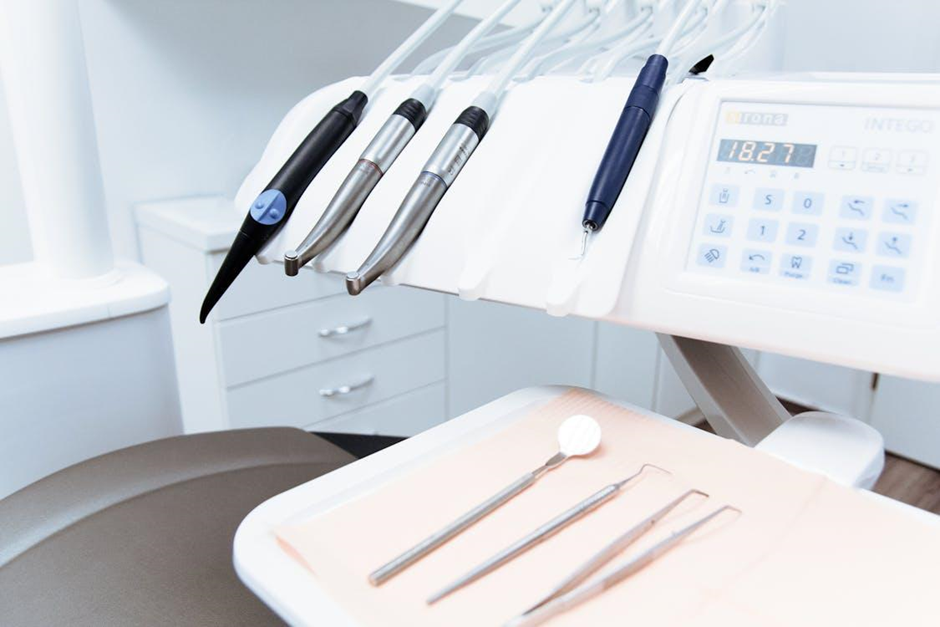Temporomandibular joint disorder, also called TMJ, is a disorder that impacts the complex joint connecting your jawbone to your skull. This joint, which is essential for performing daily activities, such as speaking, chewing, and yawning, can become a source of significant irritation or even incapacitating pain. Recognizing the symptoms of TMJ is not only important for maintaining quality of life but also for avoiding potential complications.
Early detection can result in more effective interventions that alleviate pain and restore normal jaw function. In this blog, we will discuss the warning signs and the significance
of addressing them promptly.
What is TMJ?
The temporomandibular joint (TMJ) is a unique hinge connecting the jawbone to the temporal bones of the cranium. This joint is indispensable as it facilitates daily activities such as eating, speaking, and even expressing emotions. The TMJ plays a crucial role in ensuring that we can comfortably move our jaws up and down and side-to-side.
Complications within this joint can significantly interfere with these basic functions, underscoring the importance of its health and maintenance.

Common Symptoms of TMJ Disorder
Jaw pain or tenderness
The most prominent TMJ symptom is pronounced jaw discomfort or tenderness. This discomfort is a sign that the joint or adjacent muscles are under stress or
inflammation. Ignoring this agony can worsen the condition and lead to chronic complications.
Restricted jaw movement
Patients with TMJ frequently report difficulty opening or closing their mouths completely. This restriction is typically caused by inflammation, muscular tension,
or joint obstructions. Such restrictions can make daily tasks such as eating or speaking difficult.
Clicking or popping sounds
A click or pop upon moving the jaw is another common symptom. These sounds, which may or may not be accompanied by discomfort, indicate a displacement of
the joint’s disc or a structural misalignment.
Ear pain
Earaches caused by TMJ are deceptive. They can mimic the symptoms of an ear infection without there being any actual infection. Due to the proximity between the TMJ and the ear, inflammation or tension can radiate and cause discomfort.
Headaches or migraines
When strained or inflamed, the intricate network of muscles surrounding the TMJ can cause tension headaches or even migraines. It is not uncommon for TMJ patients to experience these headaches frequently.

Face and neck pain
TMJ problems can cause pain all over the face and neck, not just in the area around the jaw. This is due to the joint dysfunction affecting interconnected muscles and
nerves.
Changes in bite
It is possible for TMJ disorders to alter the alignment of the upper and lower molars. If left untreated, this misalignment can affect chewing and contribute to additional dental complications.
Causes of TMJ
Trauma
Accidents or injuries to the face, neck, or jaw can cause direct damage to the temporomandibular joint and adjacent muscles. Such trauma can disrupt the normal alignment or functionality of the joint, resulting in TMJ disorders. Even seemingly minor effects can have long-term repercussions if not adequately addressed.
Teeth grinding
The habitual grinding or clenching of teeth, particularly during sleep, is known as bruxism and places a tremendous amount of stress on the TMJ. This constant pressure can deteriorate the joint over time, causing inflammation and pain. It can also result in the degeneration of the joint’s protective disc.
Arthritis
The TMJ, like all other joints, is susceptible to arthritic conditions. Rheumatoid arthritis and osteoarthritis can erode the cartilage of the joint, causing discomfort and limiting its mobility. TMJ disorders worsen due to the chronic inflammation characteristic of these conditions.
Dental misalignments
When teeth are improperly aligned, the mandible and TMJ experience unequal stress. Overbites, under-bites, and missing teeth can alter the functioning dynamics of the mandible, potentially leading to joint problems over time.
Stress
There are various physical manifestations of chronic stress. A common response is the contraction of the facial and mandible muscles or the unconscious clenching of the teeth. These stress-induced behaviours can burden the TMJ, paving the way for the development of disorders.
Treatment Options
TMJ disorders require a holistic approach to treatment. Here are some of the most widely accepted treatment options:
Professional Consultation
Before receiving any treatment, it is essential to consult with dental or medical professionals. They can provide an accurate diagnosis based on an exhaustive examination, ensuring that the treatment is tailored to the individual’s condition.
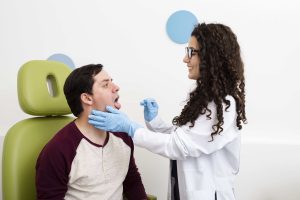
Physical Therapy
Physical therapists can teach exercises to strengthen jaw muscles, enhance joint mobility, and ensure proper jaw alignment. Additionally, techniques such as ultrasound therapy can provide relief by reducing inflammation and pain in the TMJ region.
Dental Appliances
Appliances: Bite plates and mouthguards are among the most commonly prescribed appliances for TMJ. These devices, which are primarily worn during sleep, prevent teeth grinding – a common reason for the production and exacerbation of TMJ symptoms. Orthodontic procedures to rectify dental misalignments that contribute to TMJ issues may also be recommended.
Medications
Ibuprofen and other over-the-counter pain relievers can alleviate discomfort and reduce inflammation. Muscle relaxants may also be administered for short-term muscle spasm alleviation. Severe cases of pain may require the use of stronger medications.
Lifestyle Changes
Reducing stress, utilizing relaxation techniques, and avoiding excessive jaw movements (such as gum chewing) can help manage symptoms. Soft foods, and applying ice or moist heat can also offer relief during flare-ups.
Surgical Procedures
When non-surgical treatments fail to offer relief, surgical interventions may be considered. Procedures range from minimally invasive arthrocentesis (joint irrigation) to more complex surgeries that repair or replace the joint.
Final Word
Although TMJ disorders are common, they can significantly impact one’s quality of life. Early detection is not only beneficial but also essential for effective treatment and the avoidance of potential complications. Professional direction ensures precise diagnosis and tailored treatments. If you or someone you know is experiencing TMJ symptoms, do not wait. Visit Dr. Paul’s Dental Clinic today for the TMJ specialist in Dubai, and take the first step towards a healthier, pain-free tomorrow.
Book an Appointment With Your Doctor NOW!
Ready for a brighter smile? Schedule your appointment with Dr. Paul’s Dental Clinic today and experience exceptional dental care.
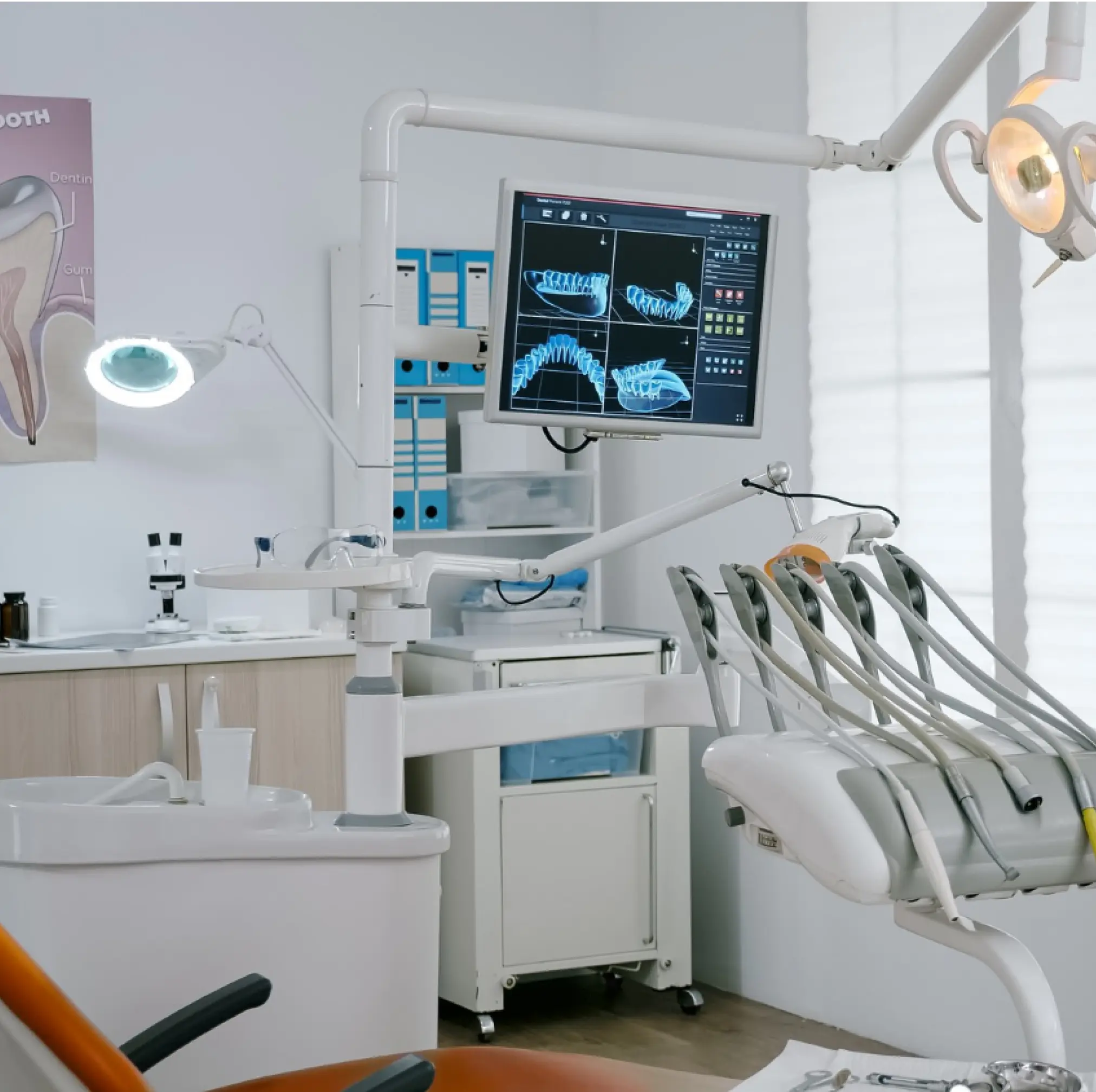
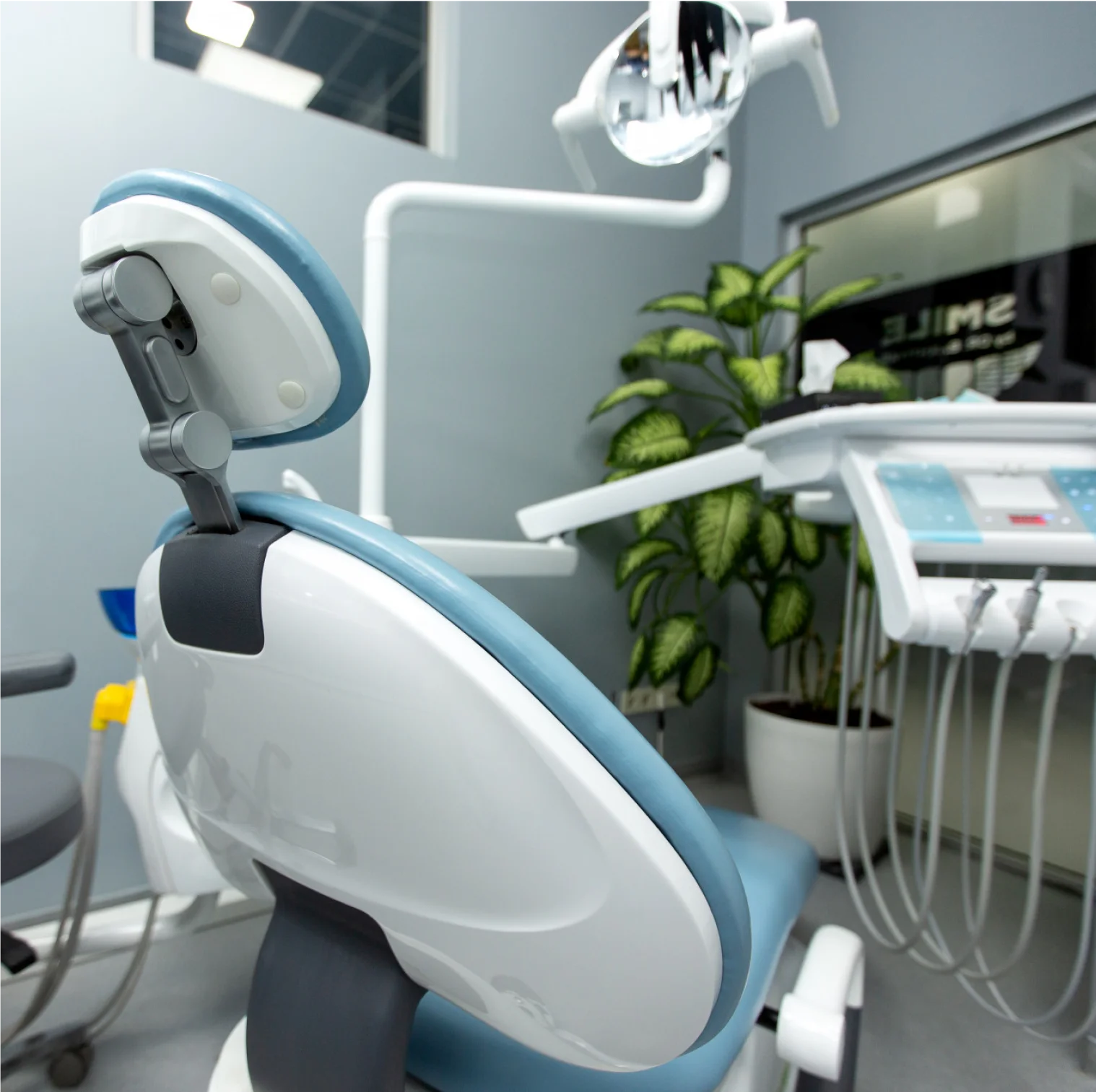
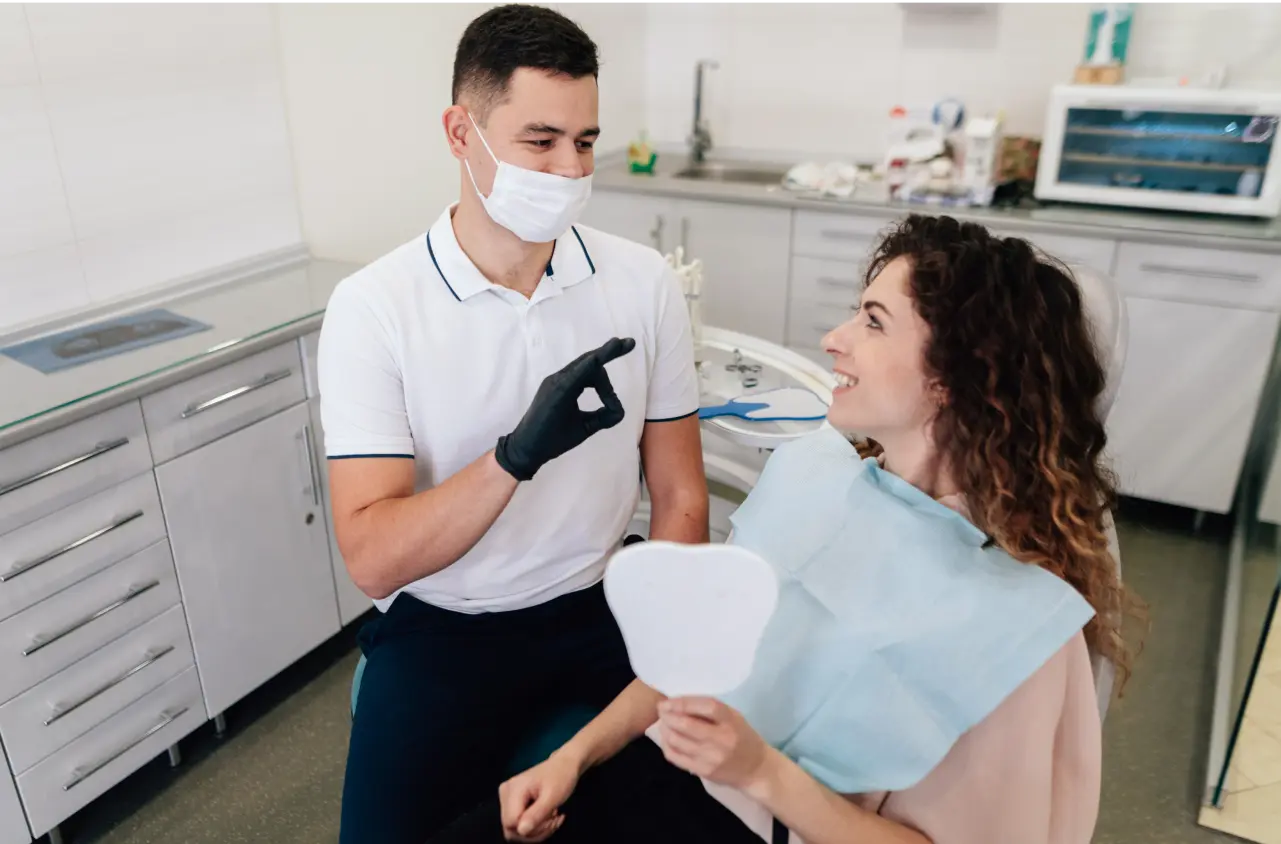
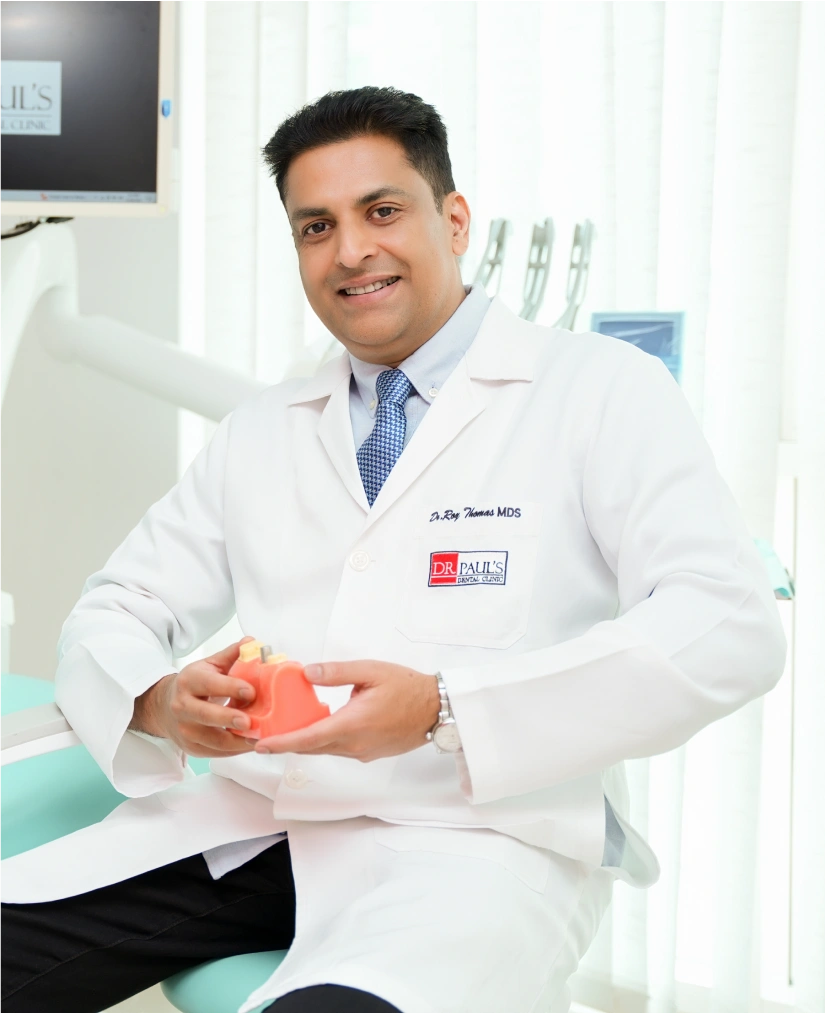 Dr. Roy Thomas
Dr. Roy Thomas 
